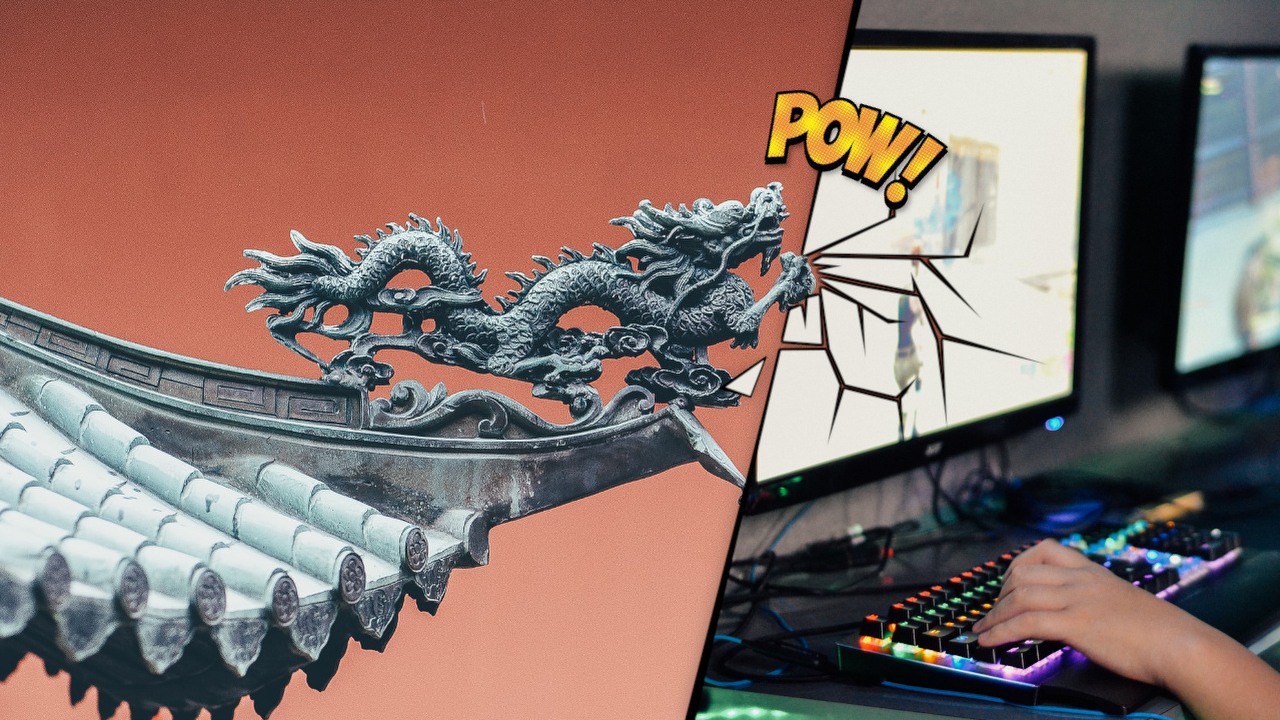Tencent Loses Billions After China Calls Video Games Spiritual Opium
The effects of an unfortunate term used in the Chinese media turned out to be greater than anyone could have expected. Tencent loses $60 billion through falling stock price.

- A state-controlled Chinese newspaper calls digital entertainment "spiritual opium";
- Tencent is losing as much as $60 billion through a 10 percent drop in its stock price.
"Spiritual opium" is how China's Economic Information Daily, affiliated with state news agency Xinhua, described online games. Calling an entire industry this way had to have its consequences. Many companies have already suffered heavy losses, and it is still unclear whether this is not the end of the "effects". Chinese gaming and social networking giant Tencent saw a 10 percent drop in its stock price after the article was published, costing it $60 billion.
Other developers investing in China have nothing to be happy about.. Stocks of Electronic Arts fell 2.8%, Activision Blizzard's by 3.8%, and Take-Two Interactive Software's by as much as 7.6% (source). Although most of the courses make up for the losses after crossing the dip, some do not return to the previous level (for example, Tencent reduced the stock value loss to only 6.1%). Many investors and developers are worried about the tightening of China's policy on video games.
The Chinese government has been on a collision course with the interactive entertainment industry for some time. Laws have been introduced restricting access to games for minors. And now... an article published by the state-controlled media suggests a further expansion of restrictions to adult gamers, or to the industry in general.
"Spiritual opium has become an industry worth hundreds of billions. No industry, no sports industry should be allowed to grow in a way that destroys the family."
This statement comes from the article's original form (it was edited after publication). It specifically denounced one of Tencent's flagship titles Honor of Kings claiming that it is the most popular game among students, who devote up to eight hours a day to it. Tencent issued a statement about a tougher approach to underage gamers. It will reduce the hourly standards and ban players under the age of 12 from spending money in the game.
However, it did not address the aforementioned "spiritual opium" article. For the Chinese, the term "opium" may have special meaning, given the "opium wars" that took place between 1839 and 1860. Naming anything using this term carries more weight in China than one might superficially think. Defining the gaming industry in this way, particularly the range of online titles, may reflect a demonization of the addictive influence of gaming and esports.
It may also be indicative of Chinese government's disapproval of the financial scale of the digital entertainment industry. After years of an uncontrolled industry, it is trying to defend socialist ideals by tightening anti-monopoly regulations and limiting the power of Chinese corporations - through bans and increased state control.
- Tencent Wants to Take Over 1C Entertainment, Owner of Cenega and Muve
- Want to Put Game Items in Your Will? Tencent's Got You Covered
0

Author: Arkadiusz Strzala
His adventure in writing began with his own blog and contributing to one of the early forums (in the olden days of Wireless Application Protocol). An electrical engineer by profession, he has a passion for technology, constructing and, of course, playing computer games. He has been a newsman and writer for Gamepressure since April 2020. He specializes in energy and space tech. However, he does not shy away from more relaxed matters every now and then. He loves watching science-fiction movies and car channels on YouTube. He mainly plays on the PC, although he has modest console experience too. He prefers real-time strategies, FPS and all sorts of simulators.
Latest News
- Elite Mod lets you play the Tau faction in Warhammer 40K: Dawn of War 2
- Huge Marvel Adventures mod now with new superheroes, including Sentry
- Butcher's Summit, an impressive free diselpunk FPS, has been released
- Free FPS on Half Life engine gets big update
- On February 3, gaming history could change forever. Red Dead Redemption 2 one step away from a major achievement

